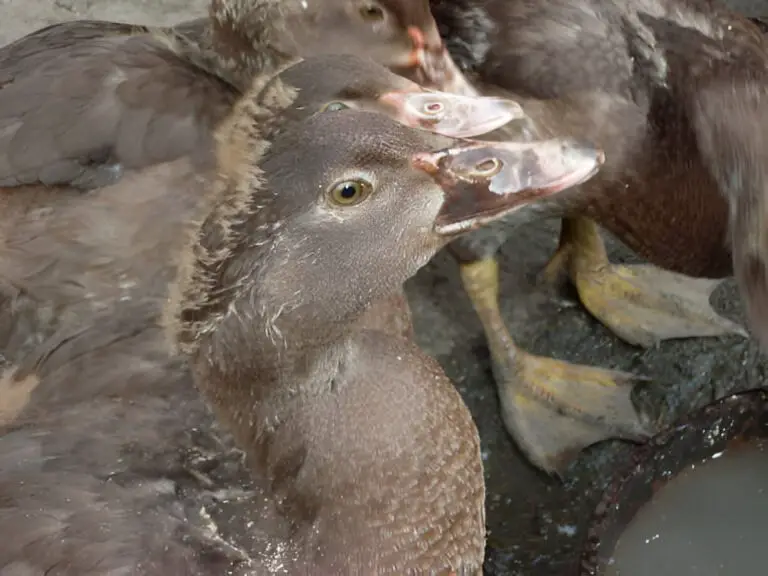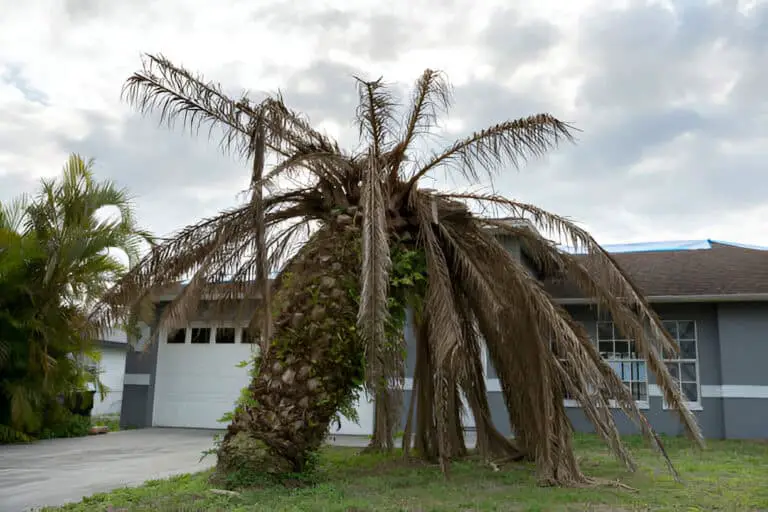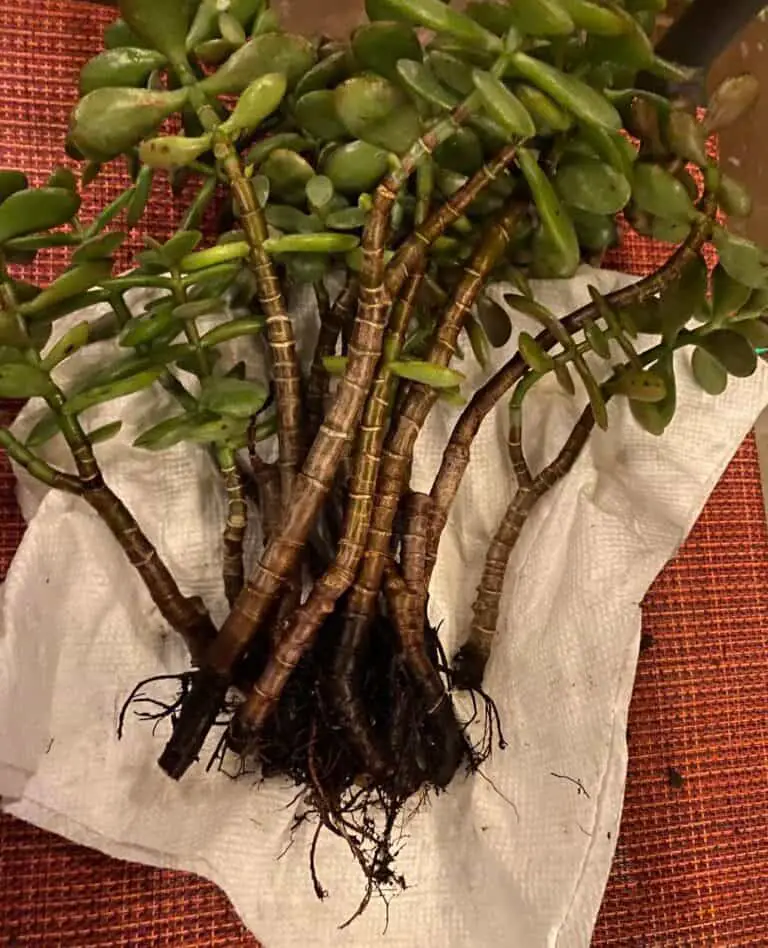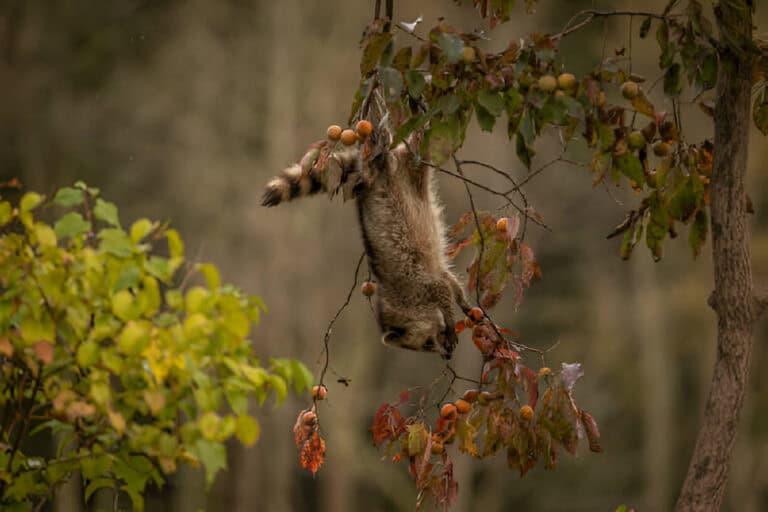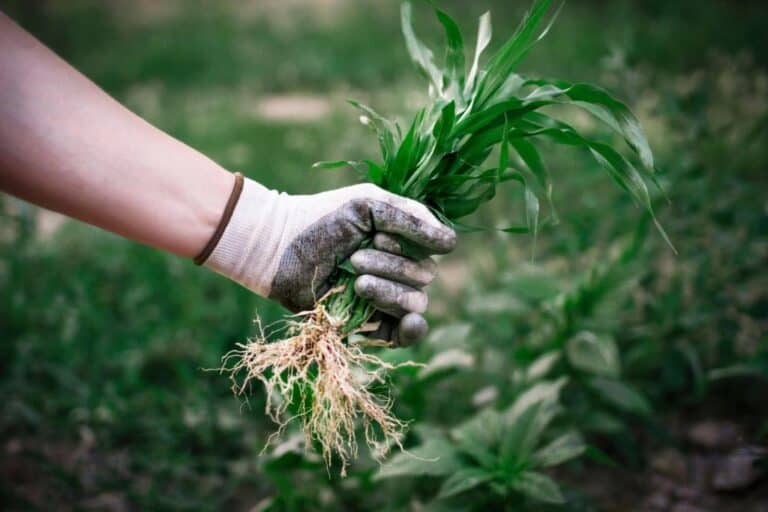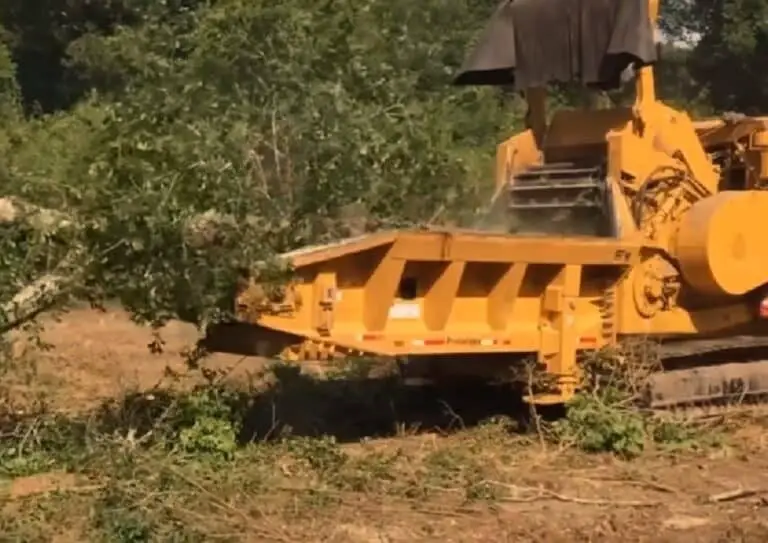Does Mulch Really Attract Termites? Here’s What You Need to Know
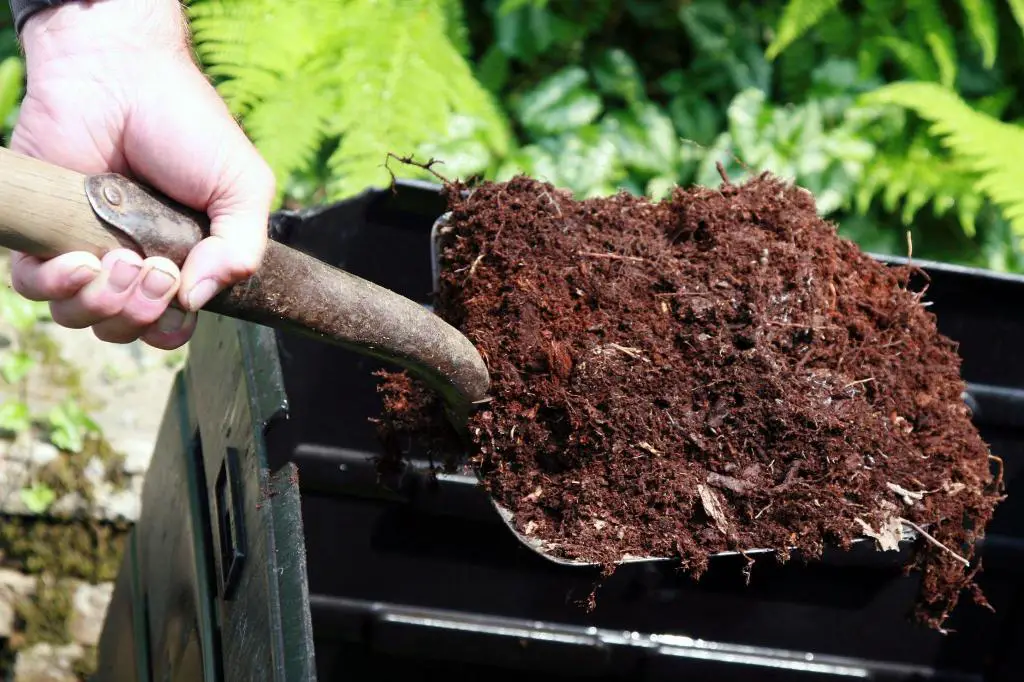
Termites are more common than you think as home pests. Termites are present in approximately 70% of all countries in the world, and they outnumber humans by at least ten to one. Termites are so common that about 20% of U.S. homes have reported termite damage or infestations.
Mulch is also very common in many homes, which begs the question, Does mulch attract termites? Long story short, no, but it should be investigated further.
In this article, I’ll dive into the connection between mulch and termites. We’ll separate the facts from the fiction, providing you with practical tips on how to use mulch safely around your home.
Overview of the Connection Between Mulch and Termites
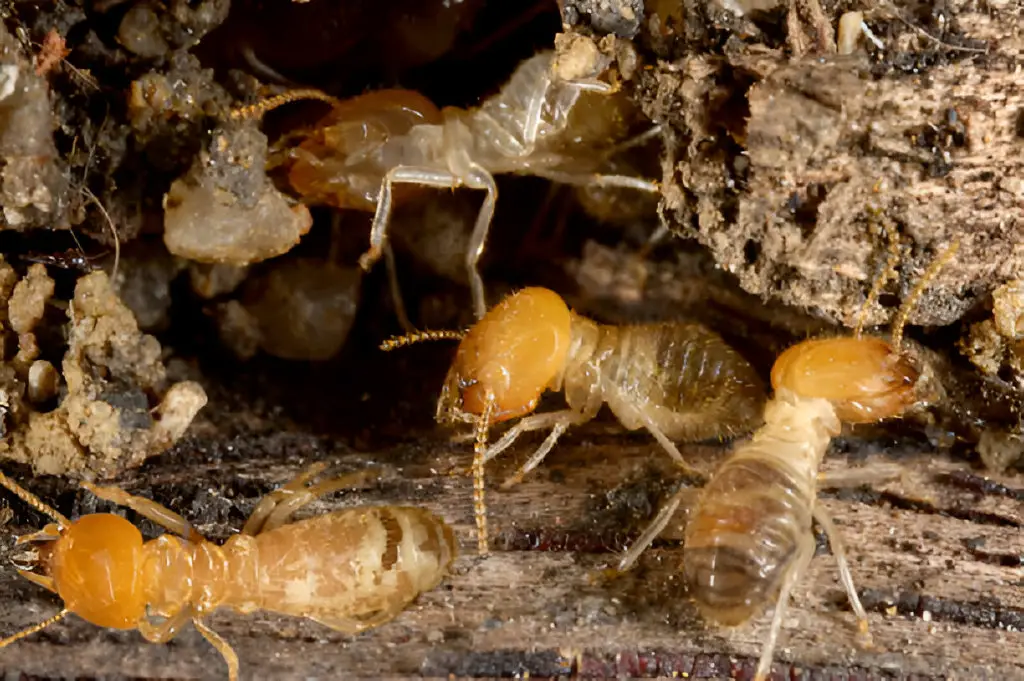
When it comes to gardening and landscaping, mulch is a go-to solution for many homeowners. It keeps the soil moist, suppresses weeds, and gives gardens a clean, finished look. But with this natural material comes an age-old question: does mulch attract termites? For anyone with a wooden home or structure nearby, the thought of inviting termites into the yard can be terrifying.
It’s easy to get swept up in myths surrounding mulch and termites, especially when so much advice floats around. However, understanding the reality of the situation can save you from unnecessary worry and help you make informed decisions. Does every pile of mulch lead to an infestation, or are termites just a minor concern?
What Do Termites Eat?
Termites are considered detritivores, or eaters of detritus, or dead plant and tree matter. Termites eat the cellulose and organic fiber that is found in dead leaves, dead trees, and rotting wood. Though most termites eat wood and that is what we associate with termites, they do eat rotting plants and other plant matter.
Fresh or treated lumber will not attract termites, but the moisture in the wood will. Since termites do eat wood and wood pulp, the wetter or softer the wood, the more likely termites are to eat the wood.
If your home’s wood and foundations are soft, wet, and dark, termites are likely to live there and eat the wood. Termites are opportunity feeders; they are going to eat what is the easiest to get to and the easiest to eat.
Related: Why Should I Buy Mulch In Bulk?
Does Mulch Attract Termites?
The mulch itself does not attract termites. If you don’t have termites or live in a termite-free area, mulching your flower beds won’t attract termites that will eat your home’s foundation. This does not mean however that if you do have termites, that they will not migrate to eat your mulch as well.
Most mulch is treated. This helps it last longer and prevents its decay. It also keeps it in your beds as long as possible. If your home has termites, the mulch may feed them. This is especially true if the mulch bed is not well-drained and stays wet.
Termites are tough to eliminate. If your home is infested, get rid of them before they damage the foundations and other wood. Taking the time to get the wood in your home or around your property. While mulch itself does not attract termites, it can provide a home for termites that are already on your property.
What Might Be Attracting Termites to Your Home?
While mulch itself does not attract termites, there may be some elements in your home or yard that do attract termites. Wood piles attract termites, especially if they sit unused and wet. These wood piles are a great source of food for termites and also offer a great place for termites to live and to breed more termites.
Termites are also like old tree stumps. When the stumps start to rot and start to get soft, they are the perfect food for termites. As with the wood piles, they also provide a great place to live and a great place to breed. Rotting stumps are soft inside. They are an excellent place for termites to breed and feed.
Mulch, In Some Conditions
Most mulch is not going to attract termites. If you have mulch that is natural and untreated or that is wet, it may provide termites with a place to live and a place to feed. Mulch that is laid in a very thick layer is more likely to provide food and a place to live for termites. Very thick layers of mulch or mulch that are mixed with dead leaves or dead plants are going to be more likely to be a good home for termites.
Standing Water or Wet Conditions
Wet yards or wet wood is going to be the biggest draw for termites. Termites require water to soften wood and rot cellulose. This makes the wood easy to consume and digest. Termites are more likely to infest standing water, rotted wood and plant matter, or damp, warm spaces.
| Related: Disadvantages of Mulching |
Getting Rid of Termites
You probably can’t eliminate termites yourself. The best method for removal is to contact an exterminator and ask them to take care of the active infestation. Regardless of what attracts termites, you can eliminate their habitat.
Eliminate standing water. Remove woodpiles and rotten plant matter. Clean the area to reduce the chance of termites finding food and a place to live. An exterminator can eliminate live termites, treat the area to prevent reinfestation, and even eliminate the eggs.
Wrapping it up
The fact that termites are common does not mean they must be in your home or cause damage. Exterminators can kill termites in your home. They can also spray to deter new ones and keep your home pest-free.

